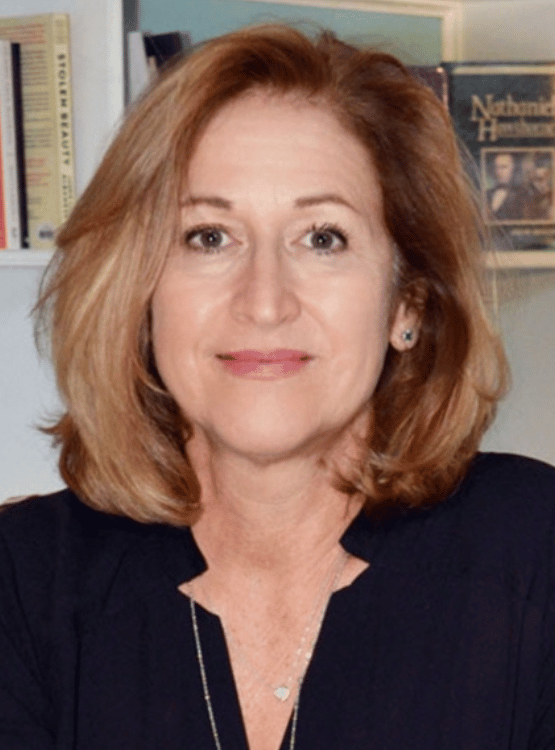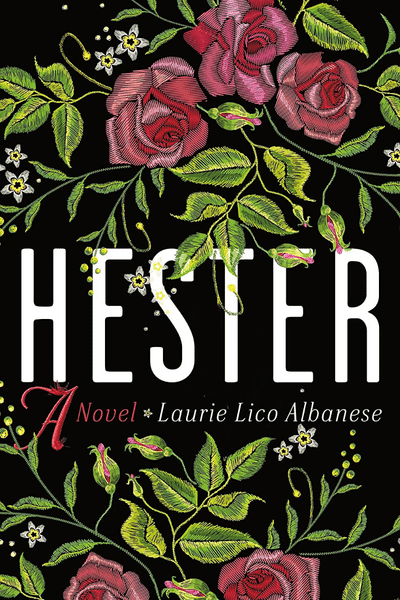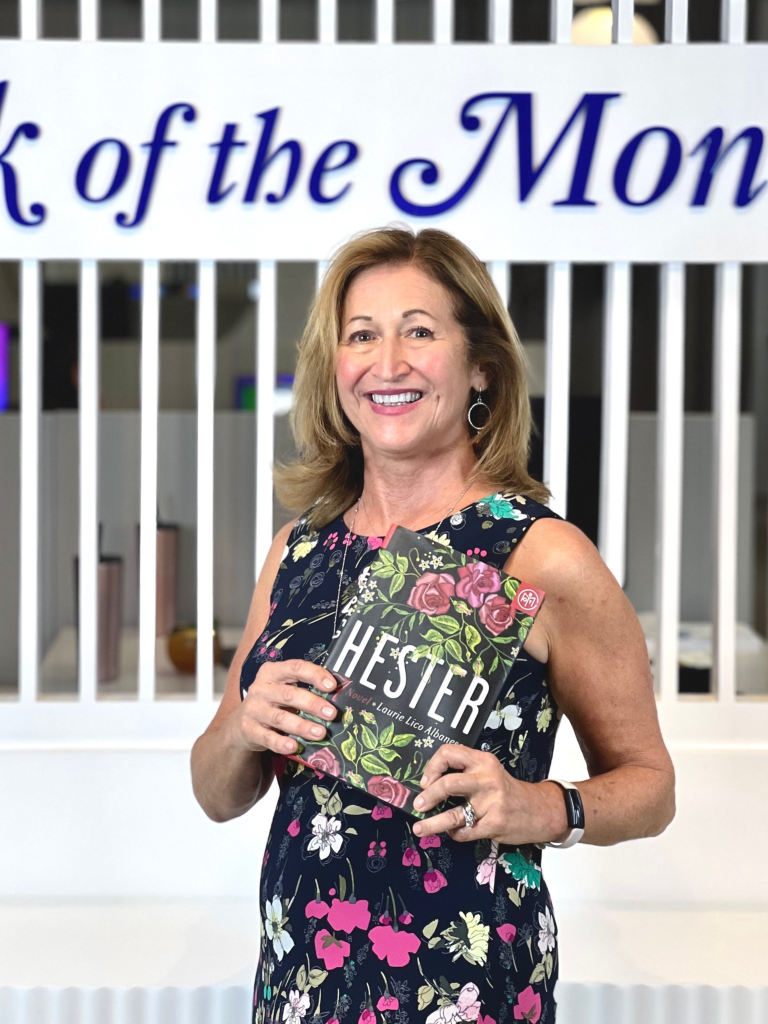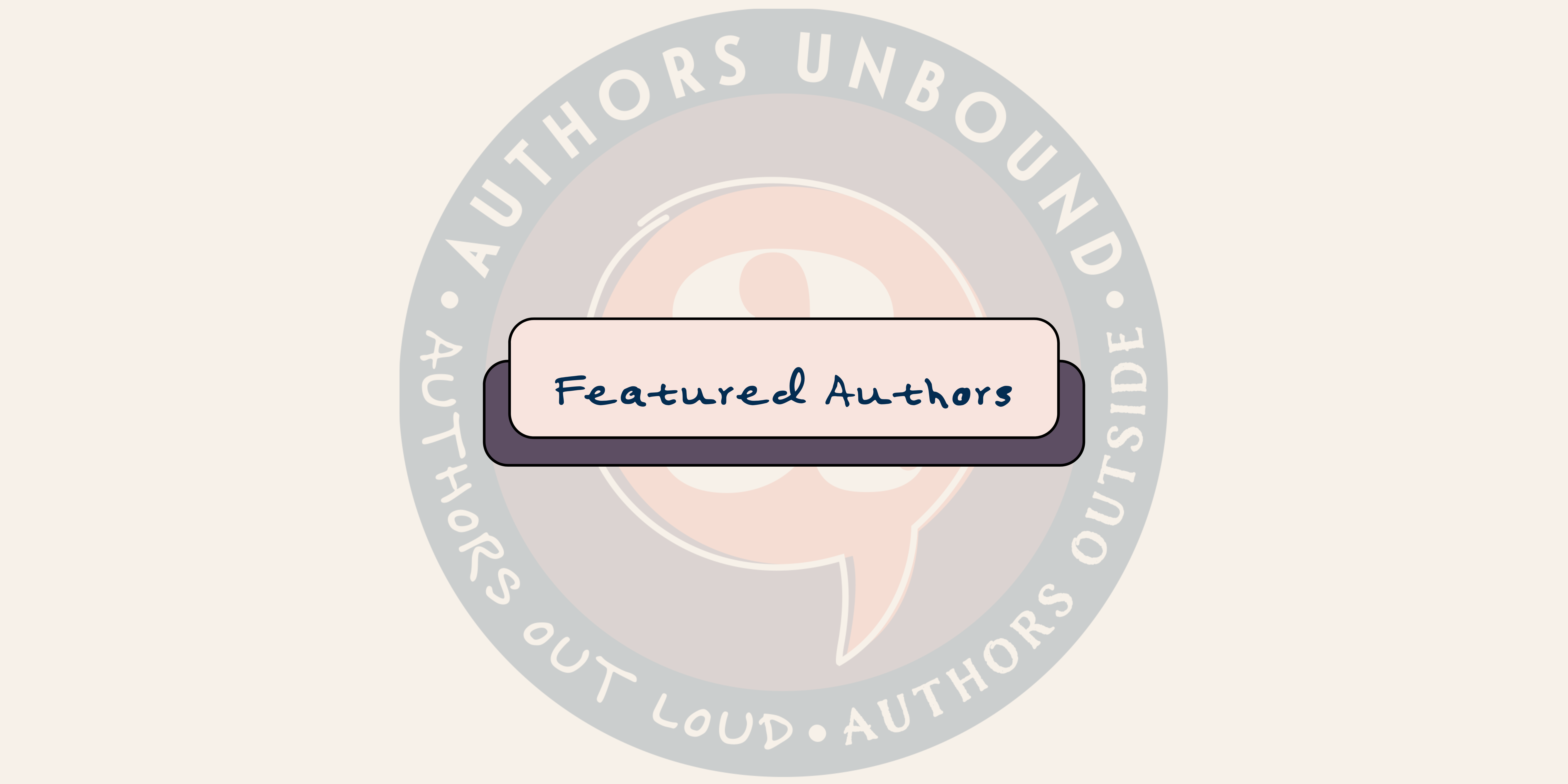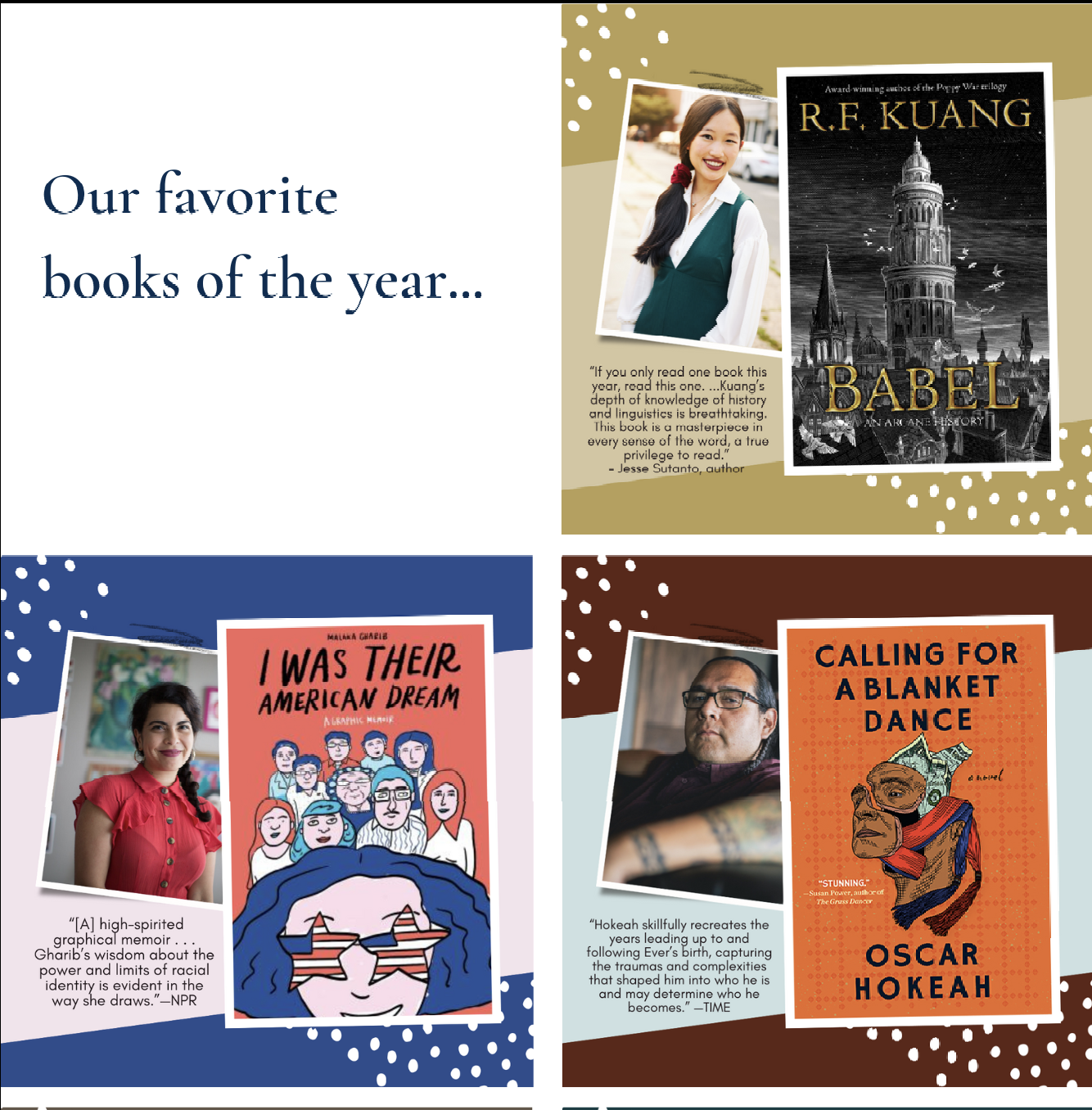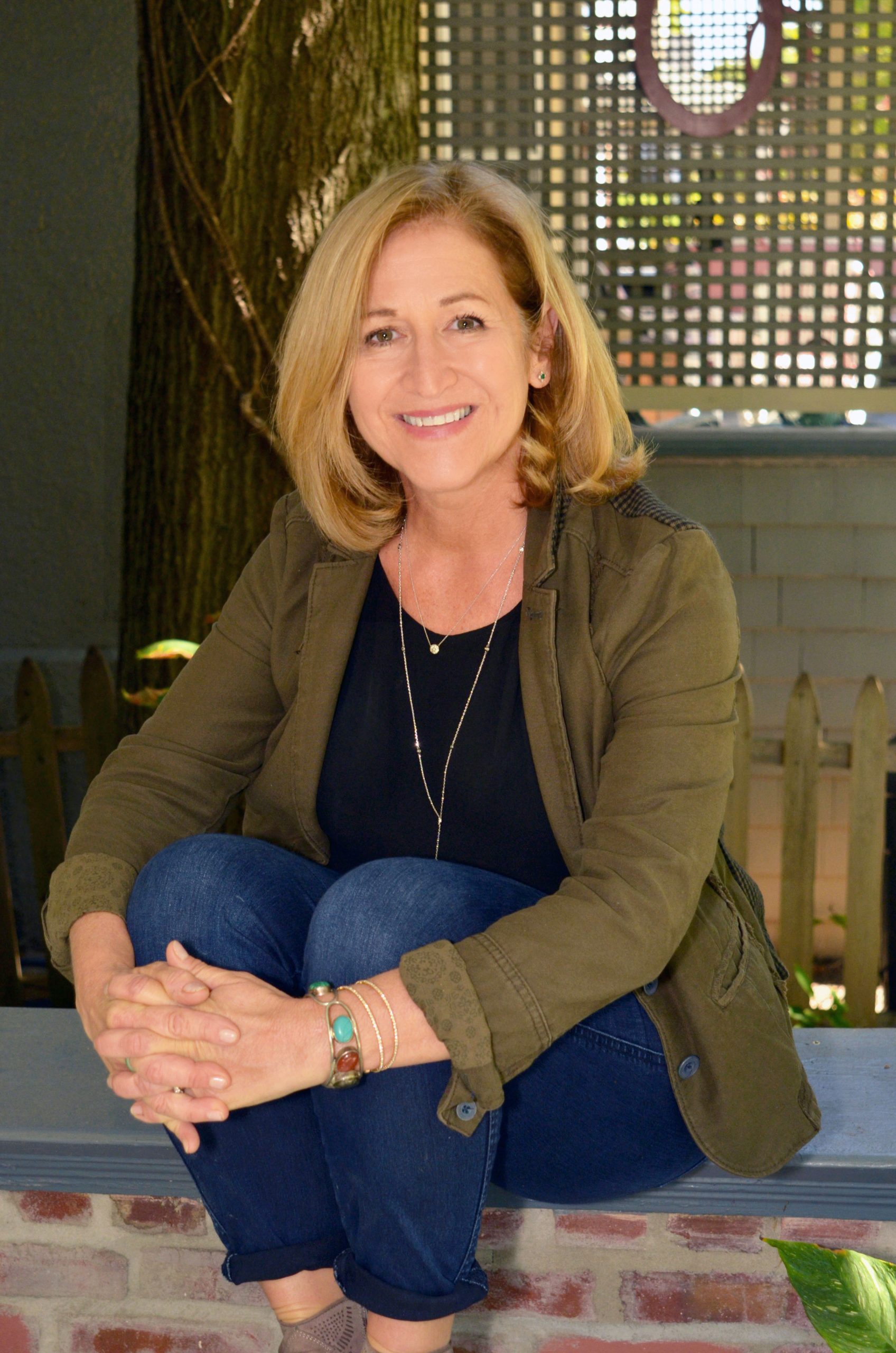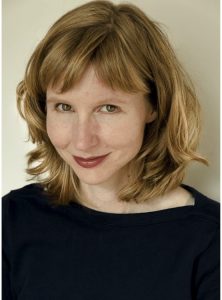Laurie Lico Albanese is an award-winning novelist and journalist. In Hester, her acclaimed 2022 retelling of The Scarlet Letter from Hester Prynne’s point of view, Albanese brings Hester’s voice to life in a compelling tale that asks who was the real Hester Prynne, and what if she could tell her own story?
Answering a centuries-long literary mystery, Hester gives life, power, and voice to the woman Hawthorne cast into the role of scorned adulteress, and offers a fresh and empowered perspective on the source of her scarlet letter.
Illuminating the life of nineteenth century women alongside the Salem witch trials and Nathaniel Hawthorne’s emerging career, Hester is a rich tale about the price a woman pays for creativity and independence, and the many ways sisterhood is important to a woman’s survival in every age.
Hester is an Audible Best Books of 2022, an IndieNext and Canadian and American Librarians October 2022 selection, a Gillian Flynn Best Books of Fall 2022, a Book of the Month club selection, and a longlist finalist in the Goodreads Best Books of the Year.
Albanese’s novel Stolen Beauty, about Gustav Klimt’s famous portrait of Adele Bloch Bauer (aka the lady in gold) was praised by the Wall Street Journal as “a work of art itself.”
Albanese is a recipient of a Catherine R. Dodge Foundation Visiting Fellowship to the Virginia Center for the Creative Arts, a Hadassah-Brandeis Research Award, and a New Jersey State Council of the Arts Fellowship in Fiction Writing. She teaches creative memoir writing at Montclair State University and has taught at Wager College, and the Stonecoast Summer Writing Program at the University of Southern Maine. Her novels have been translated into Italian, Spanish, French, German, Portuguese and soon, Croatian. She lives with her husband in Montclair, NJ, where they raised their two grown children.
